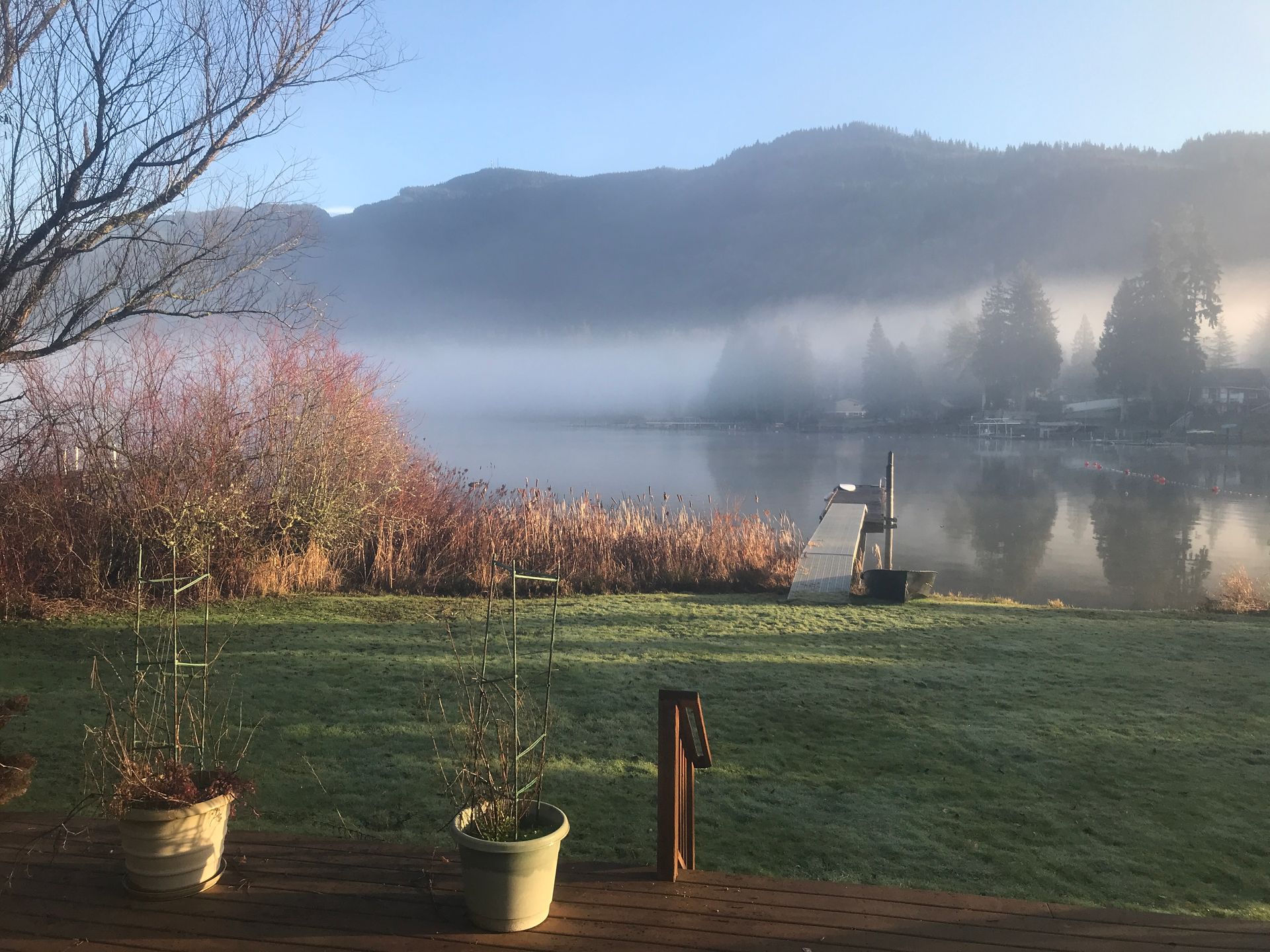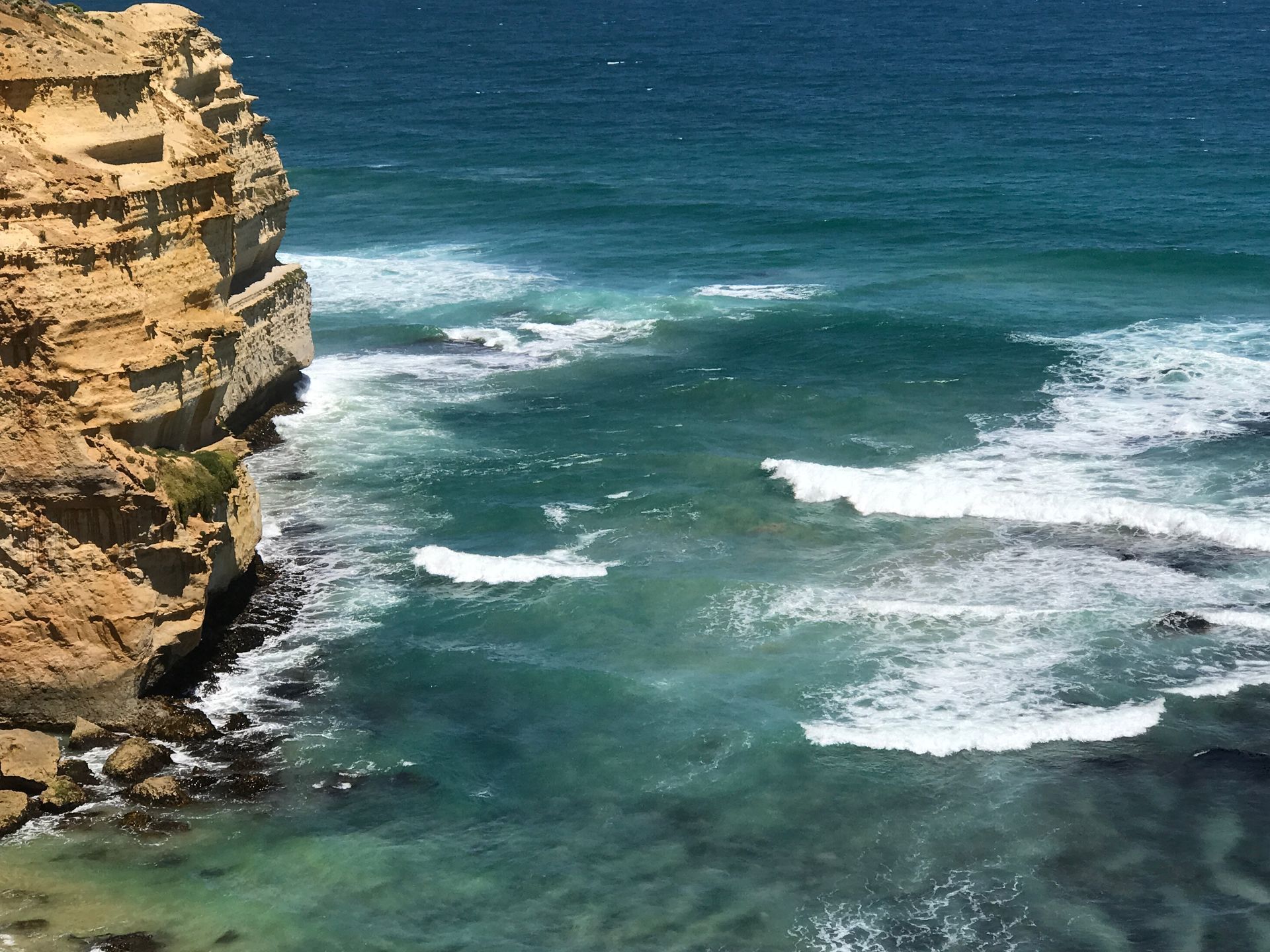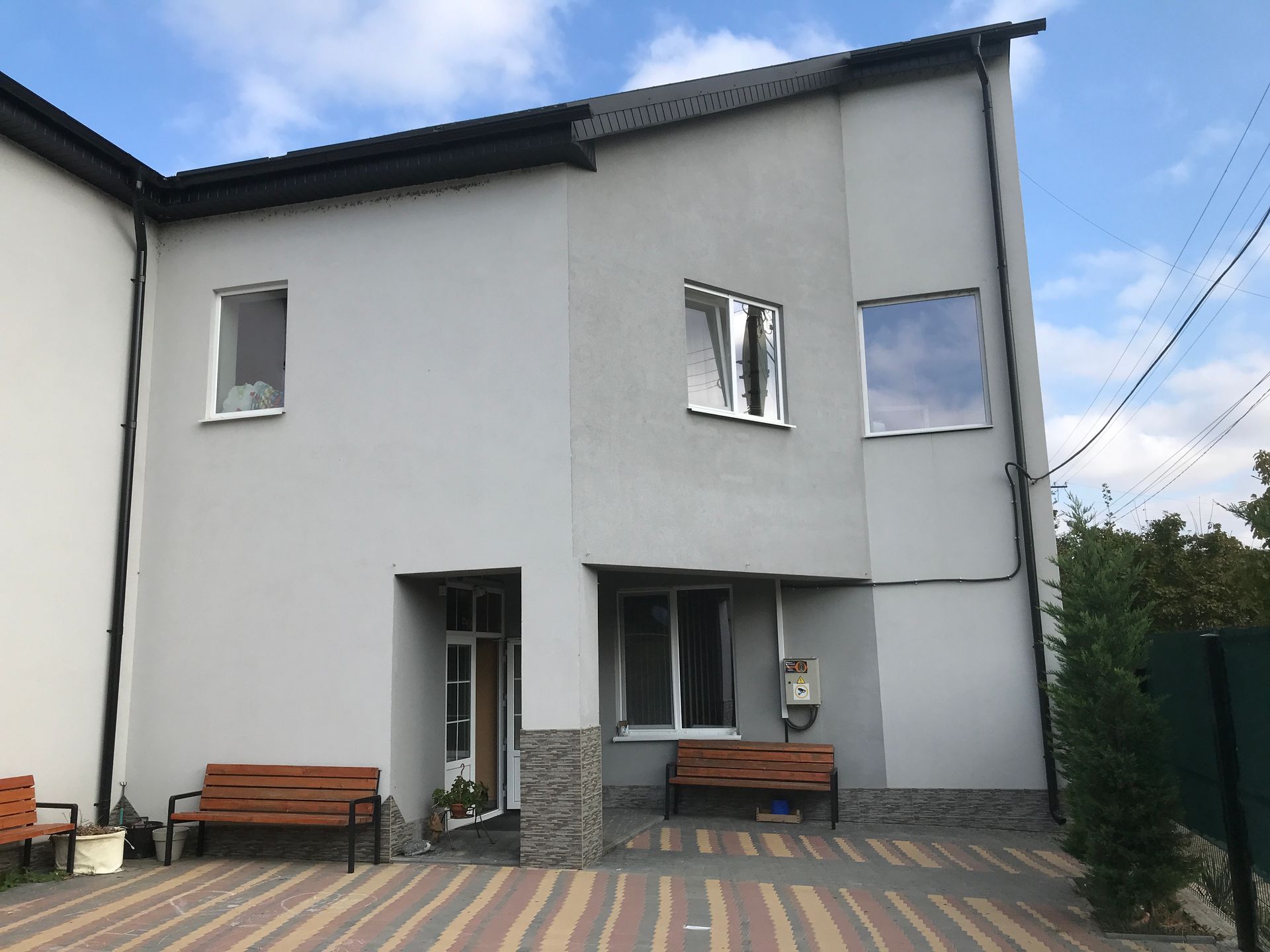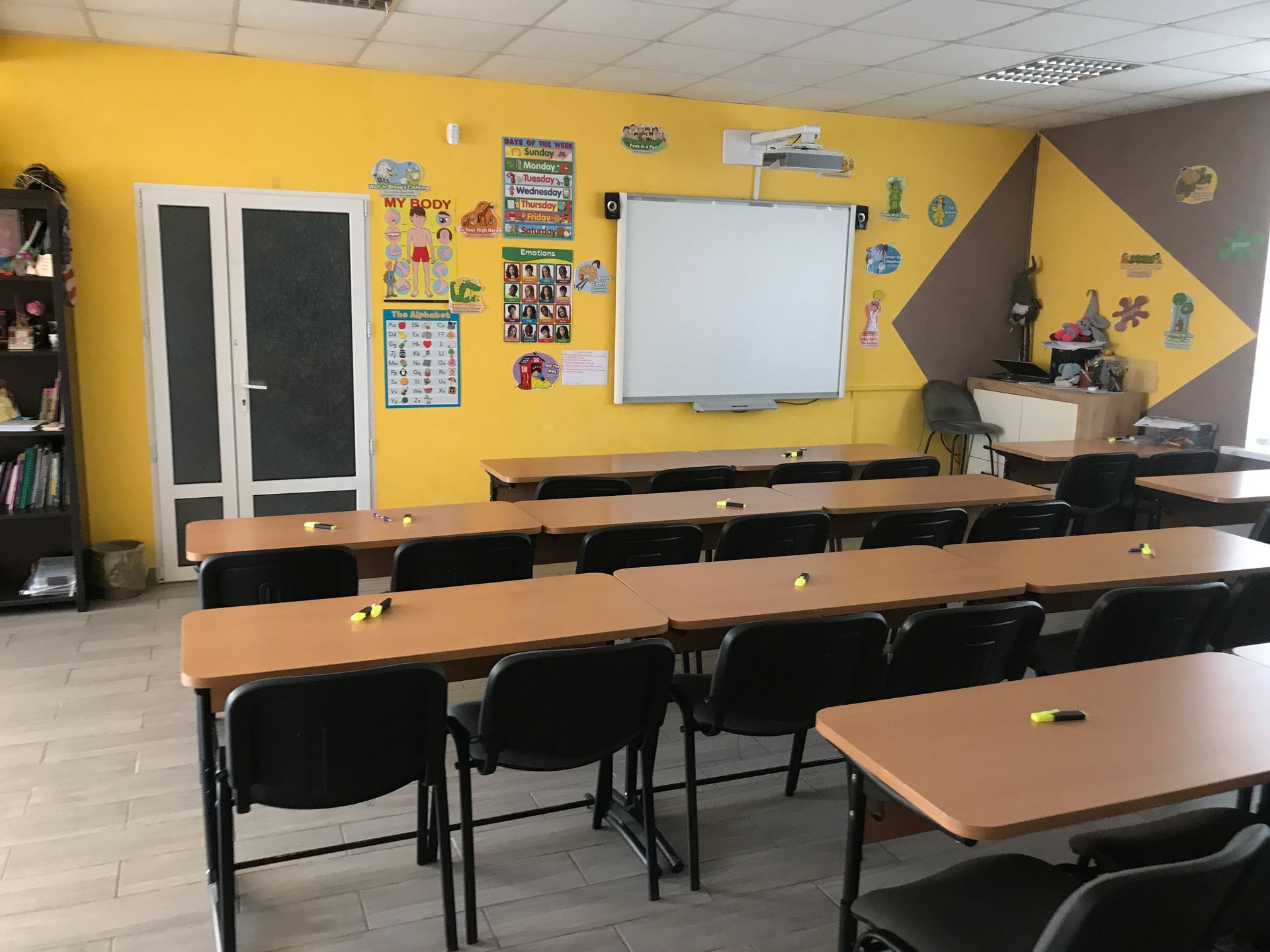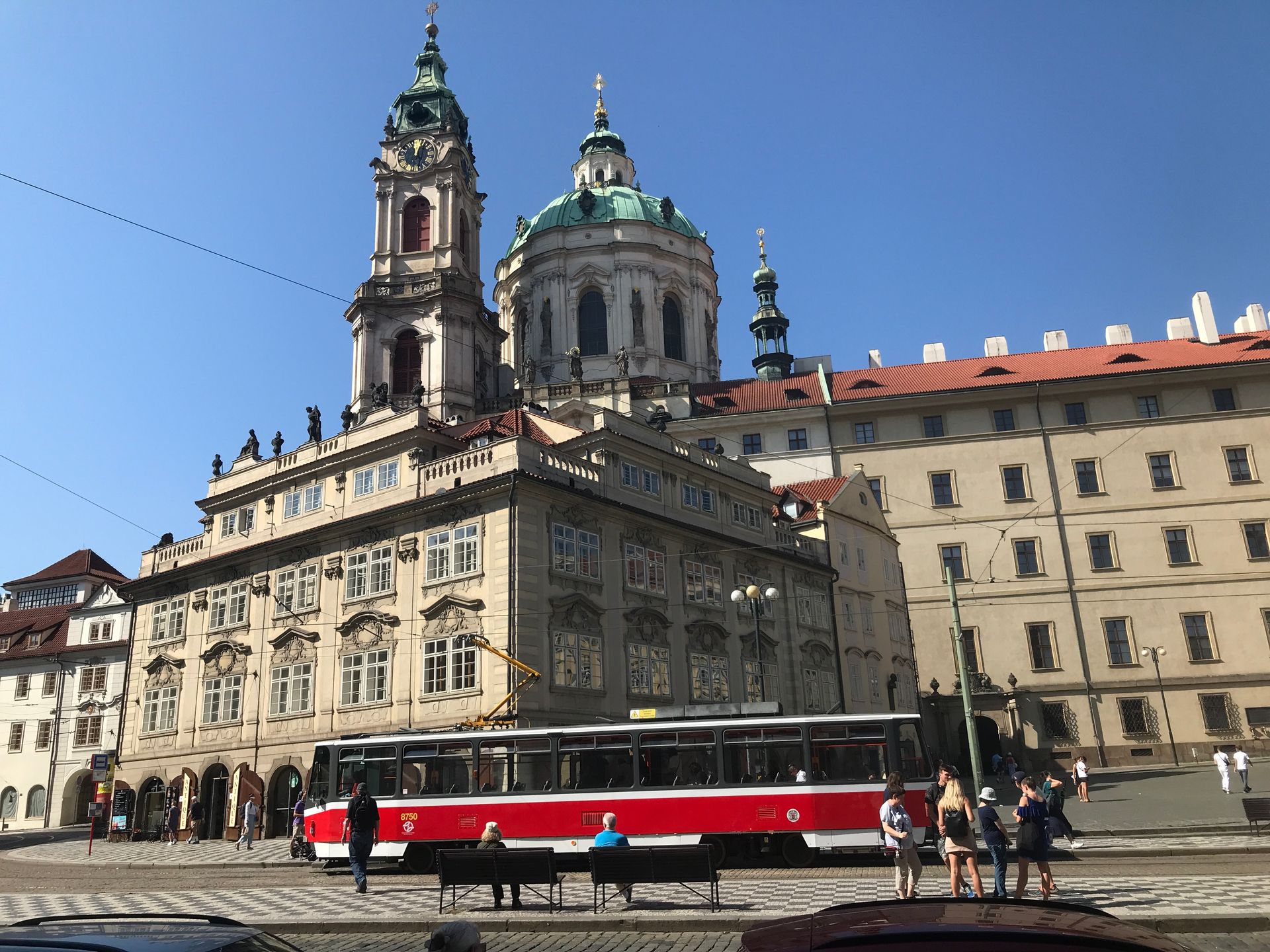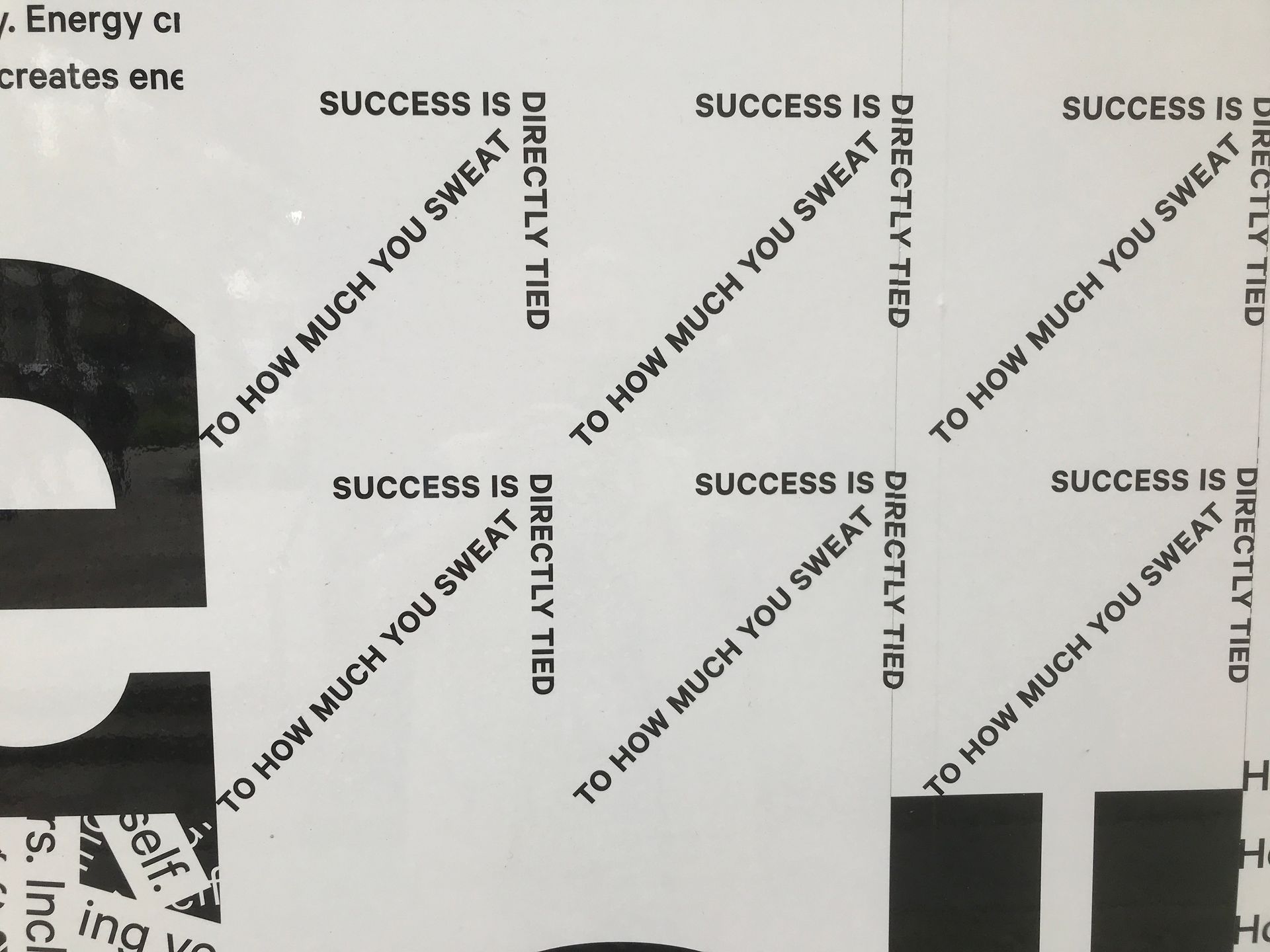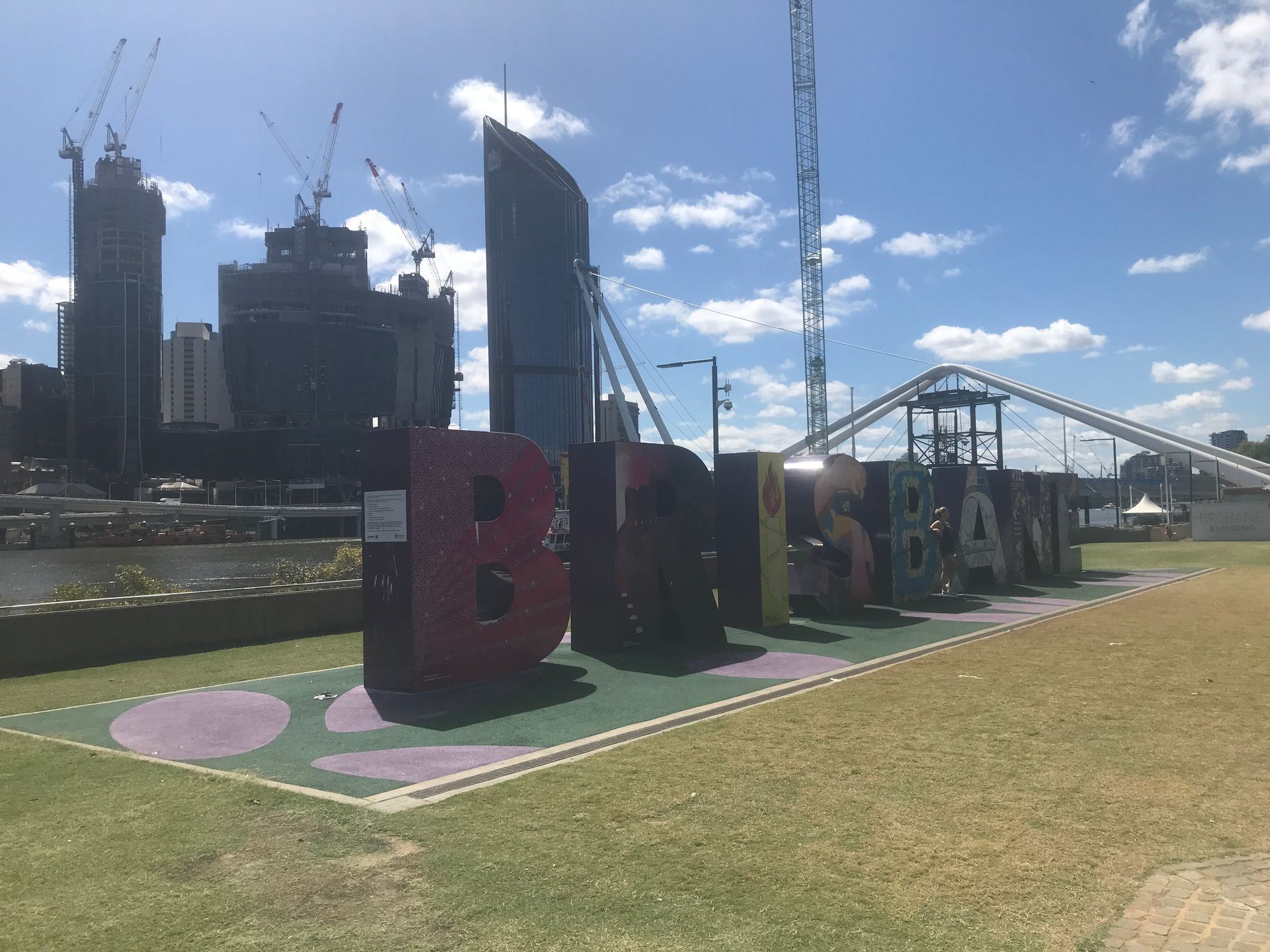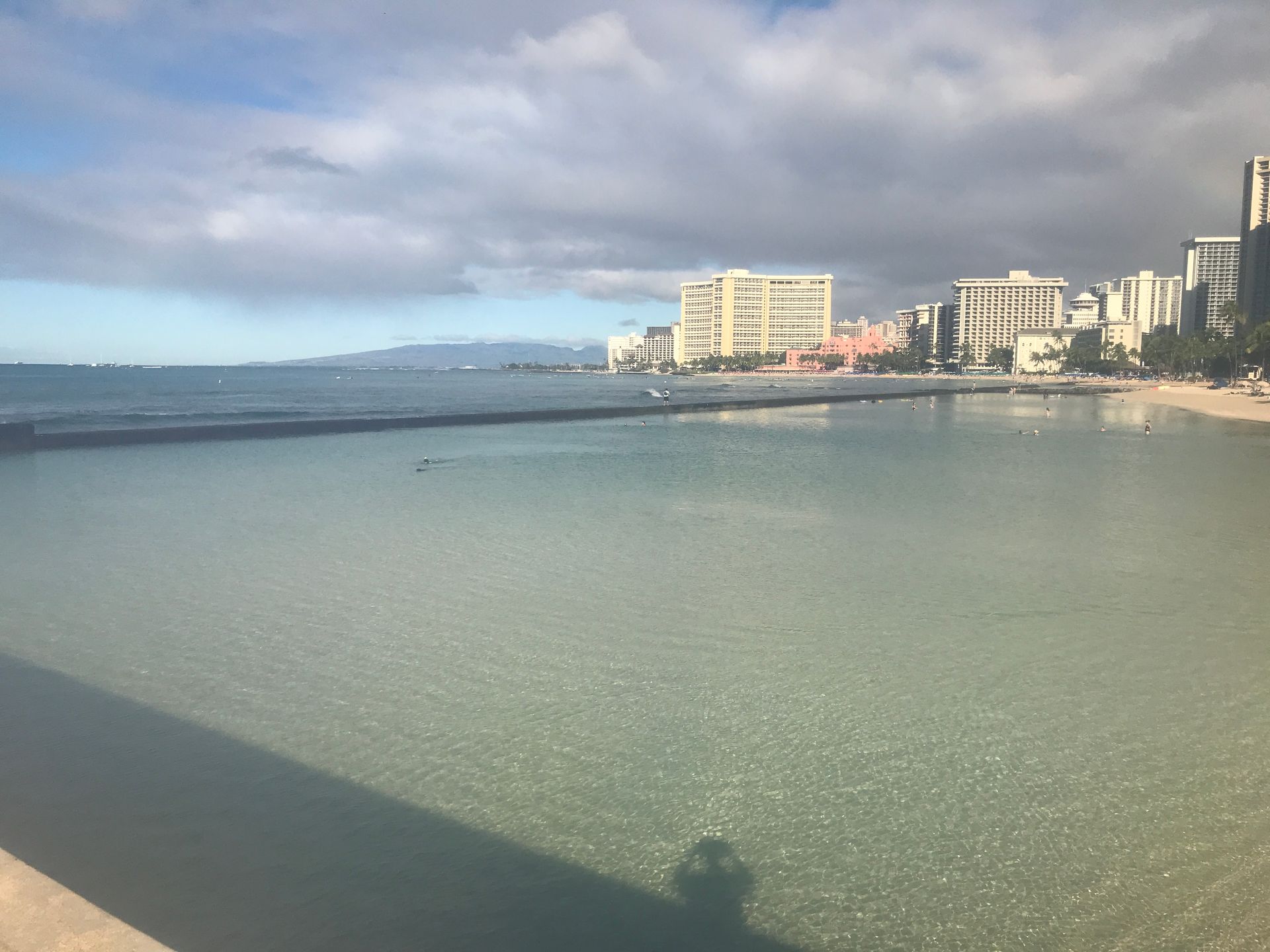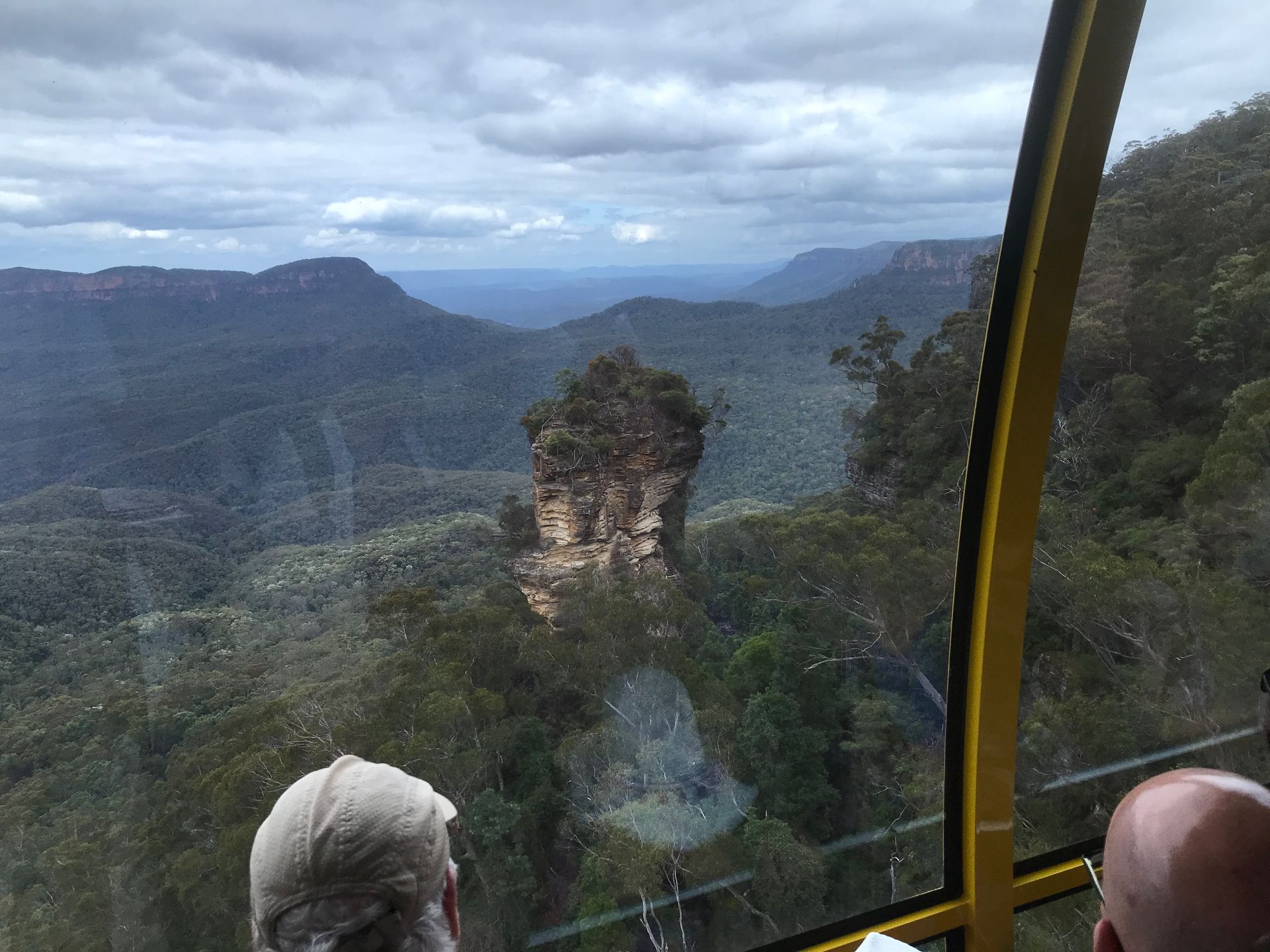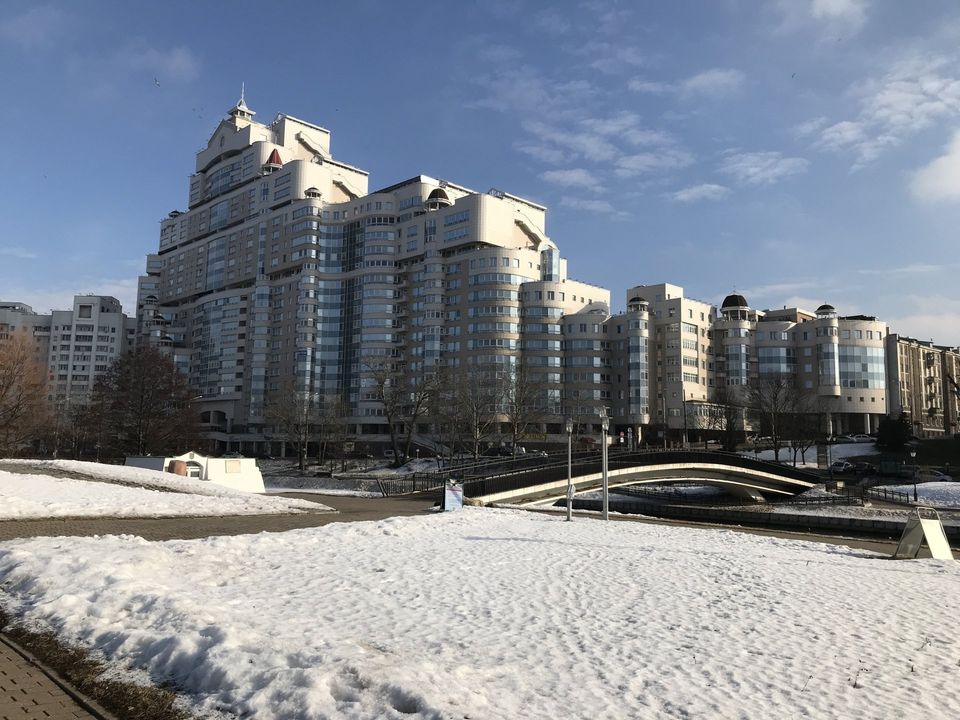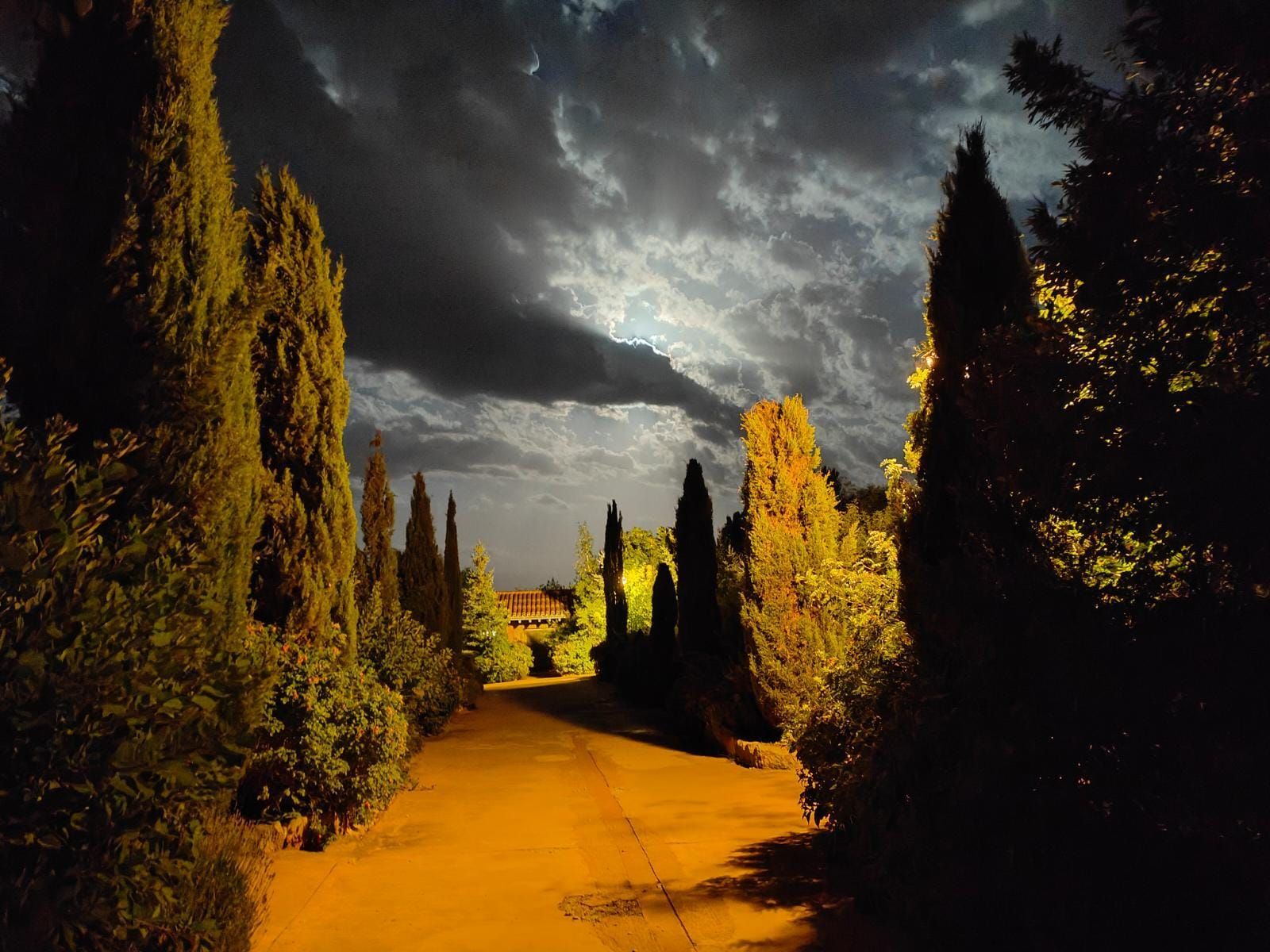a side adventure
Flew Seattle to London and then on thru Warsaw to Minsk. The only unexpected border event was that I had to buy health insurance at the Minsk airport for my 4 days there. It was €1 per day, VISA accepted.
The ground of Belarus, White Russia or Northern Ruthenia has had centuries of armies moving through - destruction and rebuilding; the winner enforcing their language, religion and customs on the people. The Soviets took them over in the 1930s and the educated were executed in the Great Terror and the remainder were deported to Asia. This was colonization and Lenin and Stalin enforced their will with secret police, executions and more deportations just to convince the citizens that their way was the best.
Minsk was flattened in WW2 by the German army moving east and later by the Russian army moving west. There were only 3 buildings left that were restored. Stalin decided to rebuild but not reconstruct the city. He favored wide boulevards, grand buildings and wide squares, parks and a small lake. The Museum of the great Patriotic War and the Minsk Library are impressive, grand buildings. Lukashenko has been the president of Belarus for the past 25 years and is a huge ice hockey fan. The arena he erected for the World Ice Hockey Championship is an impressive facility in the central core of Minsk. When you move away from the well kept and clean city core, there is row after row of Soviet designed, high density, apartments in poor repair.
The population seems energetic and smile easily but very few speak English. The hotel front desk all speak good English and when I enquired where to purchase something, one of the front desk actually left the desk and walked me to the shopping mall next door. The mall offers all types of western goods of high quality but the wages are so low that I wondered if anyone can afford these. The waiters I talked to all wanted to improve their English skills and move to Western Europe. Food, utilities gasoline, rent and transport are about half of Seattle prices but cars, computers and clothes are about the same. There are lots of Chinese and they all speak good Russian according to those I talked to, but they are resented because they do not look Caucasian and are ruining the uniformity of appearance. Go figure!
I have been enjoying the early morning goings-on of the boys and girls arriving and departing the hotel. One girl was hauled out of the back seat of a taxi by her feet, skirt over her head, and then could barely balance long enough to pull her skirt down into place. Then we have the passionate farewells of uncles and their nieces as they get into separate cabs. I’m sure there is a story there.
The first day went to Nesvizh Castle, the Radziwell family castle from the 1530s. The Radziwills is a prominent clan from the Grand Duchy of Lithuania and the Kingdom of Poland and maintain their prominence to this day. The castle was originally medieval but then rebuilt after several military destructions. The Russian Army took it while forming the Russian Empire and the art and furniture was distributed amongst Catherine the Great’s friends. It was last used as a sanitarium by the Soviets. The government of Belarus is now trying to restore the original furniture which has been scattered all over the world. A bedroom suite was purchased at auction in New York. There is a large collection of weapons dating from about 1500 to the mid 1800s. I saw no pictures of the family.
I can’t help looking at these castles, churches covered in gold foil, and thinking of some poor, damned peasant or serf getting taxed to construct these for someone’s ego.
Mir Castle has been rebuilt in various styles from its origin in 1520s. After destruction in battles, rebuilding, then abandonment for a century, then used to house Jews from the area prior to their murders by the Germans, the Soviets used it for housing until 1956. It is now a complex.
The Museum of The Great Patriotic Was (WW2) puzzled both me and the driver who was Belarusian. It is mainly Soviet with Belarusian contribution as an after thought. I expected more exhibits of burned out Belarusian villages, Belarusian partisans, German atrocities but there were exhibits of Soviet commissars to keep the thoughts of the soldiers pure, and lots of old Soviet military supplies.
Spent 4 days in Minsk, returned to London via Warsaw, and onto Chisinau.
ReCent Posts
